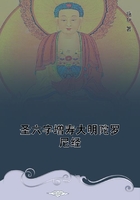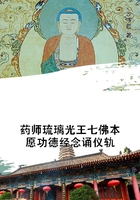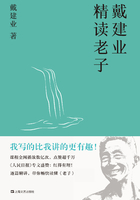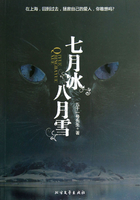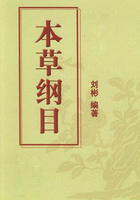The preceding observations exemplify the operation of a principle- which might be called an obvious one, were it not that scarcely anybody seems to be aware of it- that, while responsibility to the governed is the greatest of all securities for good government, responsibility to somebody else not only has no such tendency, but is as likely to produce evil as good. The responsibility of the British rulers of India to the British nation is chiefly useful because, when any acts of the government are called in question, it ensures publicity and discussion; the utility of which does not require that the public at large should comprehend the point at issue, provided there are any individuals among them who do; for, a merely moral responsibility not being responsibility to the collective people, but to every separate person among them who forms a judgment, opinions may be weighed as well as counted, and the approbation or disapprobation of one person well versed in the subject may outweigh that of thousands who know nothing about it at all. It is doubtless a useful restraint upon the immediate rulers that they can be put upon their defence, and that one or two of the jury will form an opinion worth having about their conduct, though that of the remainder will probably be several degrees worse than none. Such as it is, this is the amount of benefit to India, from the control exercised over the Indian government by the British Parliament and people.
It is not by attempting to rule directly a country like India, but by giving it good rulers, that the English people can do their duty to that country; and they can scarcely give it a worse one than an English Cabinet Minister, who is thinking of English, not Indian politics; who seldom remains long enough in office to acquire an intelligent interest in so complicated a subject; upon whom the factitious public opinion got up in Parliament, consisting of two or three fluent speakers, acts with as much force as if it were genuine; while he is under none of the influences of training and position which would lead or qualify him to form an honest opinion of his own. A free country which attempts to govern a distant dependency, inhabited by a dissimilar people, by means of a branch of its own executive, will almost inevitably fail. The only mode which has any chance of tolerable success is to govern through a delegated body of a comparatively permanent character; allowing only a right of inspection, and a negative voice, to the changeable Administration of the State. Such a body did exist in the case of India; and I fear that both India and England will pay a severe penalty for the shortsighted policy by which this intermediate instrument of government was done away with.
It is of no avail to say that such a delegated body cannot have all the requisites of good government; above all, cannot have that complete and ever-operative identity of interest with the governed which it is so difficult to obtain even where the people to be ruled are in some degree qualified to look after their own affairs. Real good government is not compatible with the conditions of the case.
There is but a choice of imperfections. The problem is, so to construct the governing body that, under the difficulties of the position, it shall have as much interest as possible in good government, and as little in bad. Now these conditions are best found in an intermediate body. A delegated administration has always this advantage over a direct one, that it has, at all events, no duty to perform except to the governed. It has no interests to consider except theirs. Its own power of deriving profit from misgovernment may be reduced- in the latest constitution of the East India Company it was reduced- to a singularly small amount: and it can be kept entirely clear of bias from the individual or class interests of any one else.
When the home government and Parliament are swayed by those partial influences in the exercise of the power reserved to them in the last resort, the intermediate body is the certain advocate and champion of the dependency before the imperial tribunal. The intermediate body, moreover, is, in the natural course of things, chiefly composed of persons who have acquired professional knowledge of this part of their country's concerns; who have been trained to it in the place itself, and have made its administration the main occupation of their lives. Furnished with these qualifications, and not being liable to lose their office from the accidents of home politics, they identify their character and consideration with their special trust, and have a much more permanent interest in the success of their administration, and in the prosperity of the country which they administer, than a member of a Cabinet under a representative constitution can possibly have in the good government of any country except the one which he serves. So far as the choice of those who carry on the management on the spot devolves upon this body, the appointments are kept out of the vortex of party and parliamentary jobbing, and freed from the influence of those motives to the abuse of patronage, for the reward of adherents, or to buy off those who would otherwise be opponents, which are always stronger, with statesmen of average honesty, than a conscientious sense of the duty of appointing the fittest man. To put this one class of appointments as far as possible out of harm's way is of more consequence than the worst which can happen to all other offices in the state; for, in every other department, if the officer is unqualified, the general opinion of the community directs him in a certain degree what to do: but in the position of the administrators of a dependency where the people are not fit to have the control in their own hands, the character of the government entirely depends on the qualifications, moral and intellectual, of the individual functionaries.




